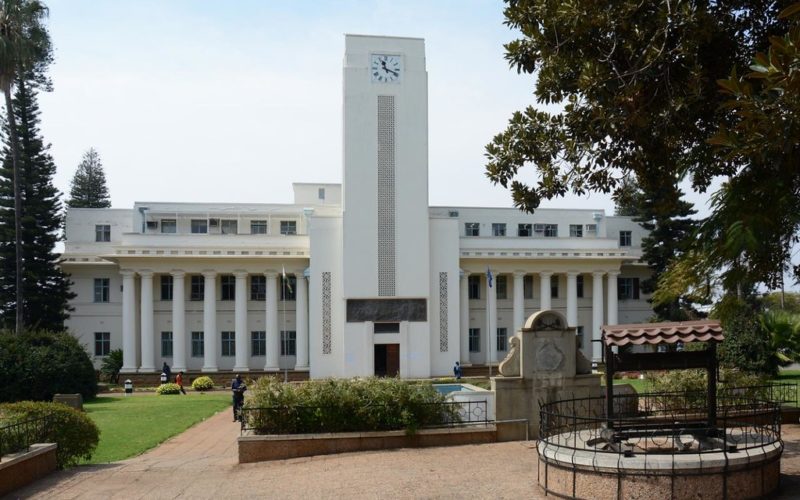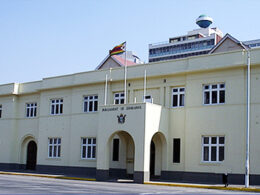According to the Bulawayo City Council (BCC), residential property owners can obtain title deeds for their properties in several ways.
Background
Addressing Ward 23 residents at a recent community meeting, BCC Nketa Housing Officer Simakuhle Mguni explained how residents who purchased their property from the council can acquire title deeds.
“Our houses in Ward 23 were built by the council. Some were completed, while others were merely ‘shells’ with just walls; the owner had to install windows and doors. The cost of these houses included both the land and the structure, with ownership under a Suspensive Agreement of Sale between the buyer and the City of Bulawayo. These agreements outlined a 15-year payment plan, including deposits and monthly repayments. Currently, there are no outstanding loan repayments with the council,” Mguni said.
Rights Under Suspensive Agreement
Mguni explained that under a suspensive agreement of sale, homeowners have the right to sell their property and can also increase its value through extensions.
Steps to Apply for Title Deeds
To apply for title deeds, follow these steps:
1. Visit Your Housing Office: Fill out an application form indicating the value of your property. Attach your suspensive agreement along with a copy of your ID.
2. Council Processing: The area housing officer will forward your documents for conveyancing. Various departments will review your application.
3. Outstanding Debts: If the Finance Director finds any outstanding debt on your house, they may object. If no objections arise, the process will continue.
4. Chamber Secretary’s Review: The Chamber Secretary’s department will review the application. If approved, it will be allocated to the relevant lawyers for your area.
5. Transfer Fees: The lawyers will contact you to pay the transfer fees. Your property will then be registered at the Deeds Office, officially converting it to a freehold property with a title deed.
Mguni added that the council’s administrative fee for the entire process is currently US$24.50, while transfer fees charged by the lawyers and the Deeds Office range from US$400 to US$500.
Changing Property Ownership
Residents may need to change ownership for various reasons. For any property without a title deed, council consent is required before transferring ownership.
1. Council Consent: Visit your housing office with your ID, the Agreement of Sale, and the ID of the person to whom you want to transfer the property, along with their housing waiting list form.
2. Verification: The council will verify court caveats and other legal requirements. All changes in ownership must receive tax clearance from the Zimbabwe Revenue Authority (ZIMRA) before being processed by the council.
Mguni noted that ZIMRA requires a capital gains tax clearance certificate for any change in ownership, whether the property is being sold, donated, or transferred due to a court order or death.
Change of Ownership for Deceased Estates
For deceased estates, the council takes authority from the Master of the High Court.
ZIMRA does not charge for the clearance certificate; it is simply a matter of obtaining tax clearance.
ZIMRA exempts capital gains tax when selling a principal house after reaching the age of 55 or when selling to buy another principal house (rollover exemption).
Property Swaps
There is also an option to swap properties within the same local authority and tenure type.
“For example, in eNtumbane, Pumula, eMgwanwini, and Nketa, there are suspensive agreements of sale. If you want to swap properties, it also passes through ZIMRA for verification,” Mguni said.
She clarified that Bulawayo residents cannot swap properties with those in Plumtree, as Plumtree falls under a different local authority.







